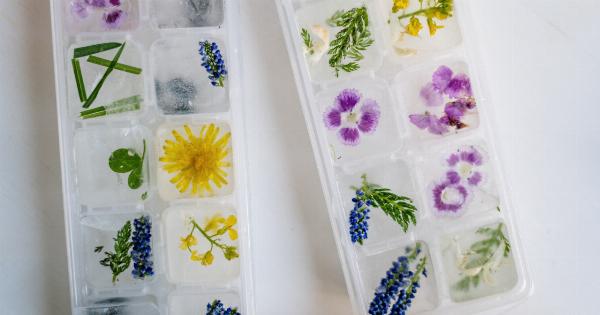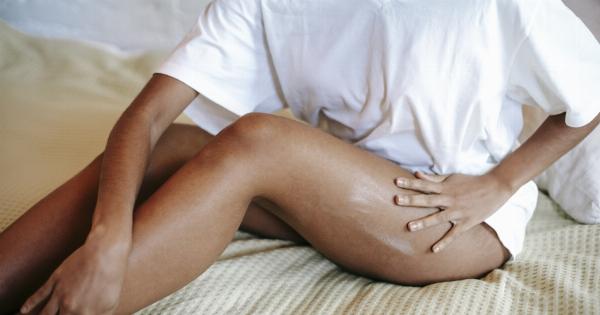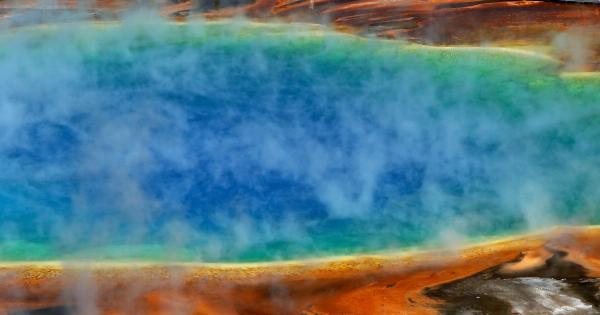Dehydration is a common problem that occurs when your body loses more fluids than it takes in. It can happen due to various reasons such as excessive sweating, vomiting, diarrhea, or simply not drinking enough fluids.
Dehydration can lead to serious health complications if not addressed promptly. If you find yourself dehydrated, here are some steps you can take to rehydrate and replenish your body:.
1. Drink Plenty of Water
The first and most obvious step to combat dehydration is to drink plenty of water.
The Institute of Medicine recommends an adequate intake of about 3.7 liters (or about 15 cups) of fluids for men and about 2.7 liters (or about 11 cups) of fluids for women per day. However, this can vary depending on your body size, activity level, and the climate you live in.
2. Consume Electrolyte-rich Drinks
When your body is dehydrated, it not only loses water but also essential electrolytes such as sodium, potassium, and magnesium. Replenishing these electrolytes is important for maintaining proper bodily functions.
You can opt for drinks like coconut water, sports drinks, or homemade electrolyte solutions to restore these vital nutrients.
3. Eat Water-rich Foods
While it’s crucial to drink fluids, you can also replenish your body’s water content by consuming water-rich foods.
Fruits and vegetables like watermelon, cucumbers, oranges, and strawberries have high water content and are a delicious way to rehydrate.
4. Avoid Dehydrating Substances
Certain substances can contribute to further dehydration, so it’s important to avoid or limit their consumption.
Alcohol, caffeinated beverages like coffee and energy drinks, as well as sugary drinks, can have a diuretic effect on the body, causing increased fluid loss. Stick to water or other hydrating fluids instead.
5. Use a Humidifier
In dry climates or during winter months when the air tends to be drier, using a humidifier can help alleviate symptoms of dehydration.
A humidifier adds moisture to the air, making it easier for your body to retain fluids and prevent excessive evaporation.
6. Monitor Your Urine Color
One simple way to assess your hydration level is by observing the color of your urine. Ideally, your urine should be a pale yellow or straw-colored. If it appears dark yellow or amber, it’s a sign that you need to drink more fluids.
Monitoring your urine color can serve as a useful indicator to ensure you are properly hydrated.
7. Seek Medical Attention for Severe Dehydration
If you are experiencing severe dehydration symptoms such as extreme thirst, dizziness, confusion, rapid heartbeat, or little to no urine output, it’s crucial to seek immediate medical attention.
Severe dehydration can be a medical emergency and may require intravenous fluids to rehydrate your body quickly and effectively.
8. Create a Hydration Routine
Developing a hydration routine can help you stay properly hydrated on a regular basis. Consider carrying a reusable water bottle with you as a reminder to drink fluids throughout the day.
Set reminders on your phone or computer to prompt you to drink water at specific intervals. Creating a routine can make staying hydrated a habit.
9. Monitor Your Fluid Intake During Exercise
During exercise, your body loses significant amounts of fluids through sweat. It’s crucial to replenish these losses by drinking water or sports drinks before, during, and after your workout.
Monitor your fluid intake and ensure you are adequately hydrating during physical activity.
10. Stay Hydrated in Hot Weather
When temperatures rise, it’s essential to be extra cautious about hydration. In hot weather, your body’s cooling mechanism increases fluid loss.
Be sure to drink plenty of fluids, wear lightweight and breathable clothing, and seek shade or air-conditioned environments whenever possible.





























